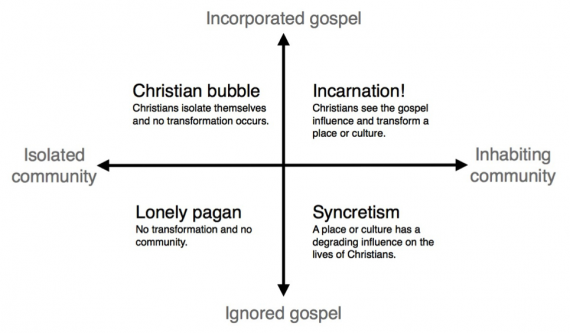
By Steve Stuckey
Steve is a spiritual director with InterVarsity in Southern California. He writes here on this blog to foster spiritual formation for us catalytic leaders. Our hope is to create some space online to not only stir you up to be an APE leader but also help you connect with God well in your soul. He has developed many APE leaders and knows what our strengths as well as struggles are.
[This post is part of a series called Rooted. Find the other posts here]
Elijah the Prophet
His name means El is Yah or God is Yahweh. His job was to confront false religion, clear out the pantheon, and call a recalcitrant people back to their roots. He performed his dangerous task with authority, humility, and humor. Like Moses he had a twin peak experience in life—two high points with a valley in between. (Read 1 Kings 17-19 and view this artistic study). Learning to navigate that type of spiritual geography is an important task for any follower of Jesus, especially for apostles, prophets and evangelists.
Continue Reading








 I am
I am 